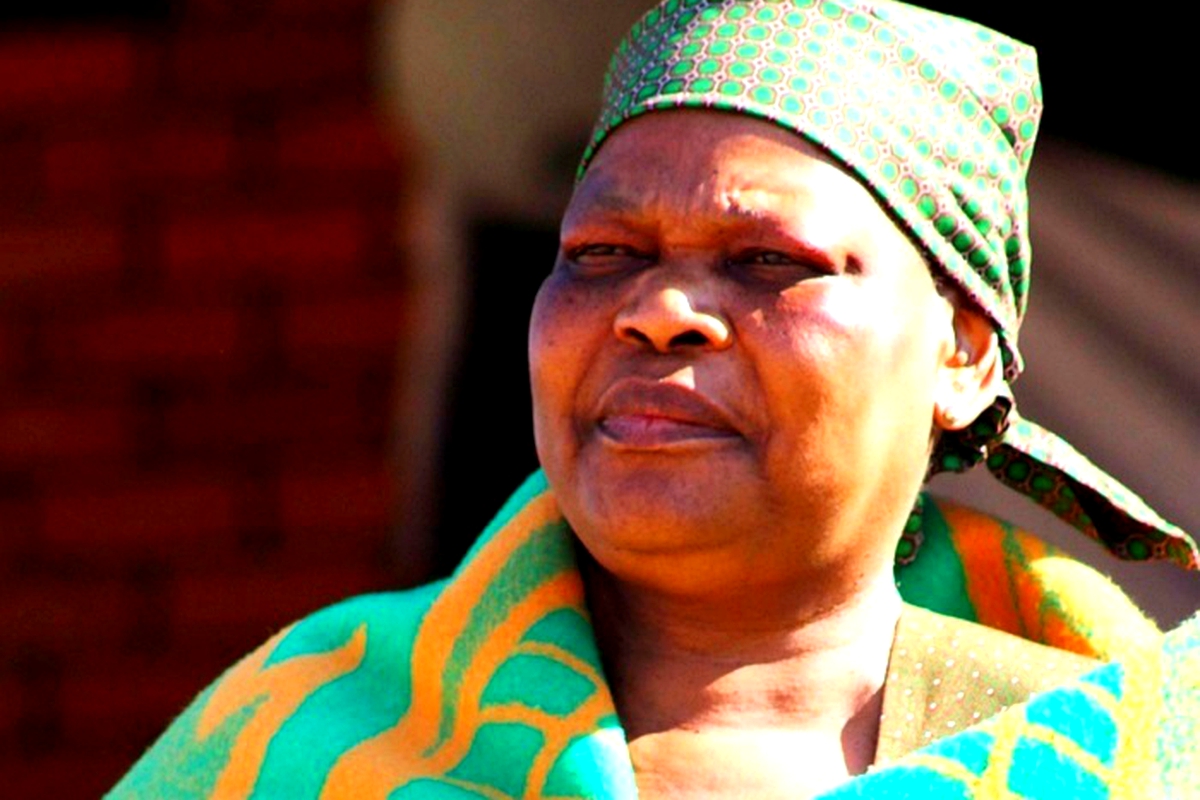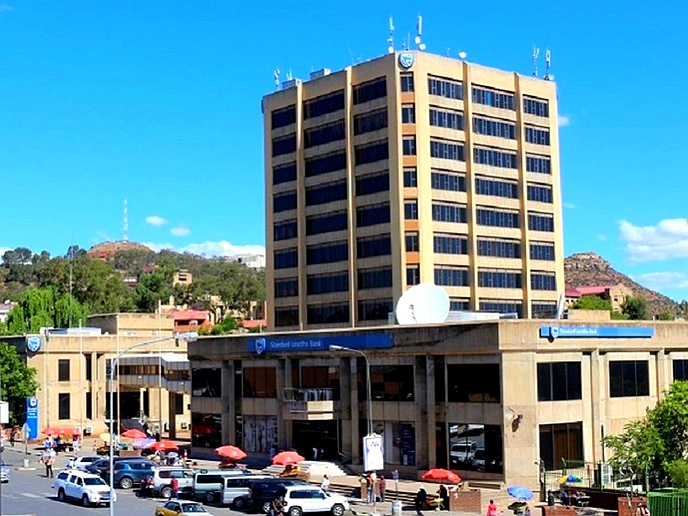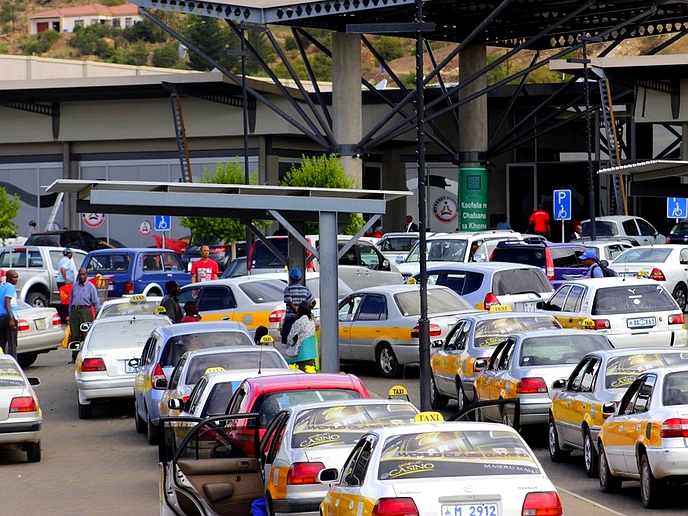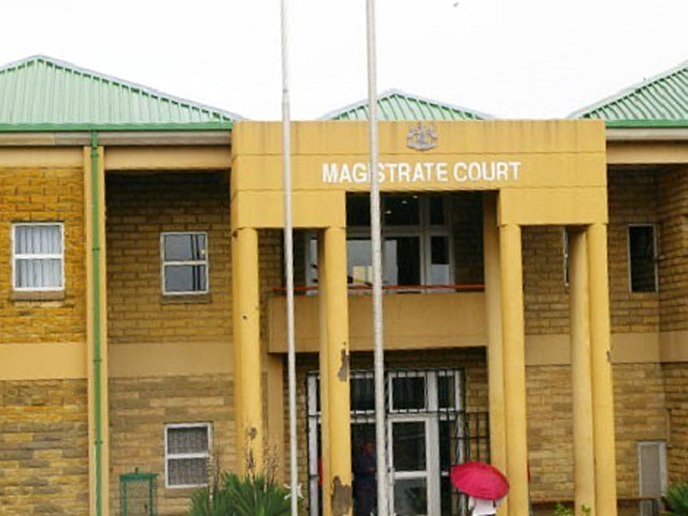DUE to shocks that stunned the country in recent years, Lesotho has a high social protection programme spending relative to other countries, the World Bank Social Protection and Jobs report has said.
business
Feb. 3, 2021
NEO SENOKO
3 min read
More spending goes towards social protection

The Minister of Social Development ’Matebatso Doti
The report, which was released last week revealed that international comparison indicates that Lesotho has among the highest levels of social protection programme spending in the developing world.
Spending is strongly biased towards the two regressive programmes of civil service pensions and post-secondary education bursaries.
The civil service pensions represent 17.8 percent of social protection programme spending while the post-secondary education bursaries represent 29.3 percent.
As a result, this spending has a smaller effect on poverty and inequality.
“One way to put this into perspective is to compare total social protection programme spending with the absolute poverty gap, that is, the amount of money the government would need to spend to eliminate poverty if it could target that spending perfectly so that the spending brings each poor person just up to the poverty line,” the report shows.
The results of this comparison are striking. They indicate that if perfectly targeted, total social protection programme spending would be enough to eliminate more than half of all poverty measured at the upper poverty line, and much more than enough to eliminate extreme poverty measured at the food poverty line.
Education bursaries particularly, are costlier and a regressive programme.
“Retaining bursaries only for poorer students could reduce poverty and inequality significantly more than current spending under this programme,” the report says.
But the Minister of Social Development ’Matebatso Doti says it is not shocking that more spending goes towards social protection considering the nature of shocks in the country.
She said such spending is actually likely to increase due to the ongoing coronavirus that is killing a lot of people in the country.
That means more people will be left desperate and not able to survive post the pandemic.
“Social protection is the responsibility of the government. So it is a good thing that spending goes towards social protection programmes such as education, child grants and poverty eradication programmes because in that way we are changing lives for the better.
“Spending has been going to such programmes mainly because of the shocks that have been happening in the country since 2012 when HIV/AIDS was killing many people. At that time, a lot of children were orphaned and required government assistance,” Mrs Doti said in an interview with Metro on Tuesday.
According to the bureau of statistics, 49.7 percent of the population was below the upper poverty line and 24.1 percent below the food poverty line in 2019.
Enjoy our daily newsletter from today
Access exclusive newsletters, along with previews of new media releases.
The report revealed that government’s spending on social protection programmes accounts for roughly 14 percent of overall government spending, equivalent to about 6 percent of national income.
Generally, four programmes of social pensions, post-secondary education bursaries, civil service pensions and feeding at government primary schools account for most of the spending.
The high spending on social protection programmes puts stress on the overall government budget.
About 61 percent of households are covered by at least one social protection programme.
The country is also susceptible to shocks ranging from political, economic and natural, a situation exacerbated by weak institutional and infrastructural capacity to manage the effects of these shocks.
Lesotho has experienced periods of political crisis, at times marked by violence. Periods of political instability have been associated with greater volatility and slower rate of economic growth.
Extreme weather events including droughts and floods have also been experienced.
Tailored for you






